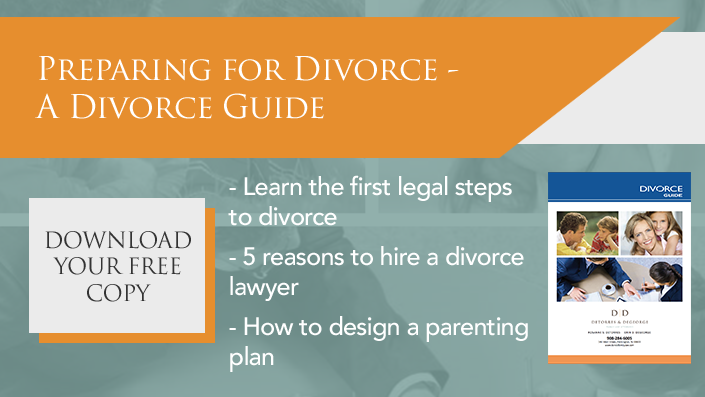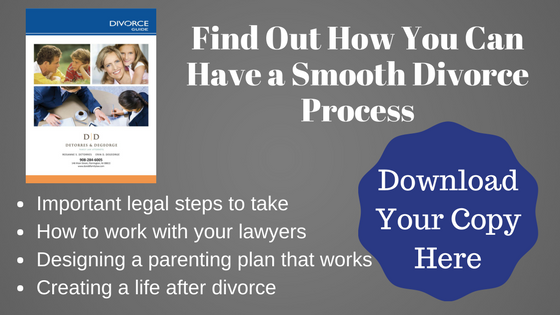Related Media:
Why Does The United States Use Electoral College
Donald Trump Wins Electoral College
When the forefathers of our country were framing the United States Constitution, it was decided that a pure democracy was unworkable, as it would permit the majority party at any given time too much power over the outcome of each and every election. Therefore, the framers of the US Constitution decided to vest the ultimate voting power in what is known as the Electoral College.
Electing a President of the United States is a two-step process. First, individuals vote for their preferred candidate in November. The Electoral College then convenes in December in order to formalize the election of the President. While this is often simply a formality of adopting the winner of the popular vote, that is not always the case. In fact, the Bush/Gore election of 2000 Al Gore won the popular vote, only to lose the election to Bush. Similarly, in Tuesday’s election, Hillary Clinton won the popular vote by more than 200,000 votes, though it is expected that Donald Trump will be confirmed as the 2016 election winner by the Electoral College on December 19th.
The number of Electoral votes each state has varies, from a minimum of three to a maximum of 55 in California. Each state receives a vote per U.S. Senator, which limited to 2 per state, as well as one vote for each member of the House of Representatives, which is determined by the population of that state. Therefore, there are a total of 538 members of the Electoral College and a candidate requires 270 of those votes to win.
Twenty-nine of the 50 states and the District of Columbia have laws obligating the members of the Electoral College from that state to vote in accordance with the popular vote. However, the remaining states have no such laws. A member of the Electoral College who votes in opposition to his or her state’s popular vote is known as a “faithless elector.” Some members of the Electoral College spoke out prior to Tuesday’s popular vote and voiced their opposition to Donald Trump, even going so far as to state that they would be a faithless elector in the event their state’s popular vote swung in Mr. Trump’s favor. This has led staunch supporters of Hillary Clinton to view the Electoral College election in December 2016 to be Ms. Clinton’s one last chance at making it into the White House. The New York Times, however, has reported that members of the College have historically voted in accordance with their respective popular vote 99% of the time.


 START LIVE CHAT
START LIVE CHAT











